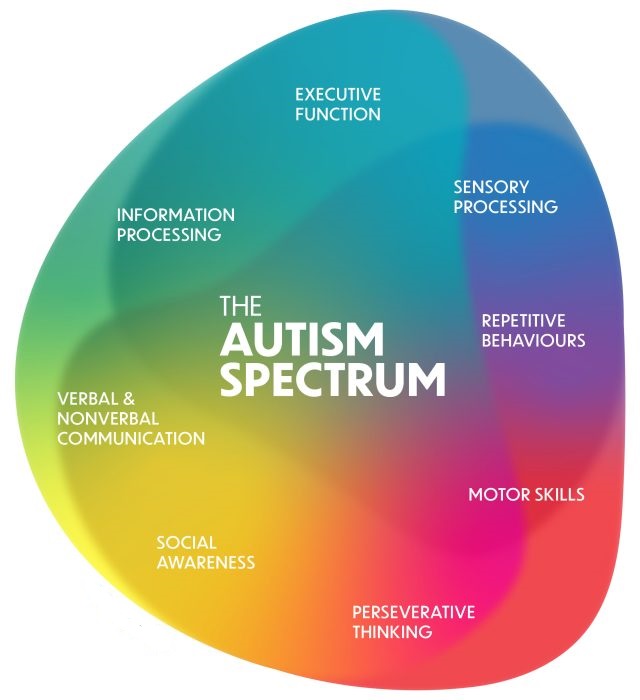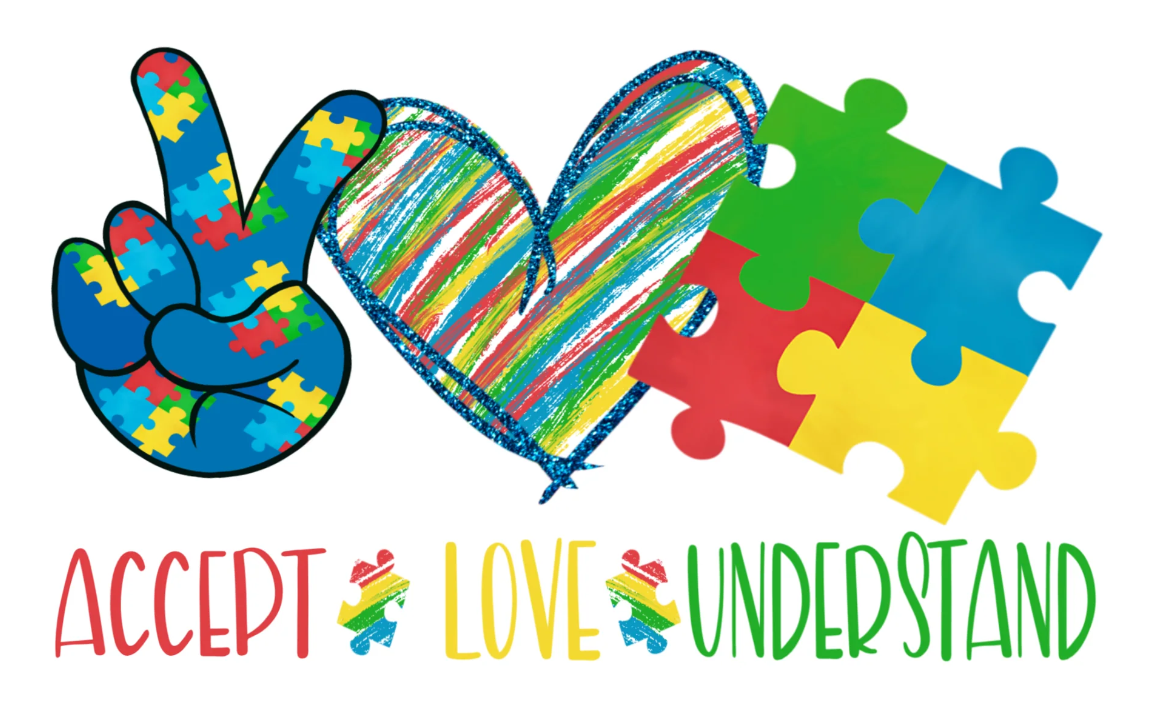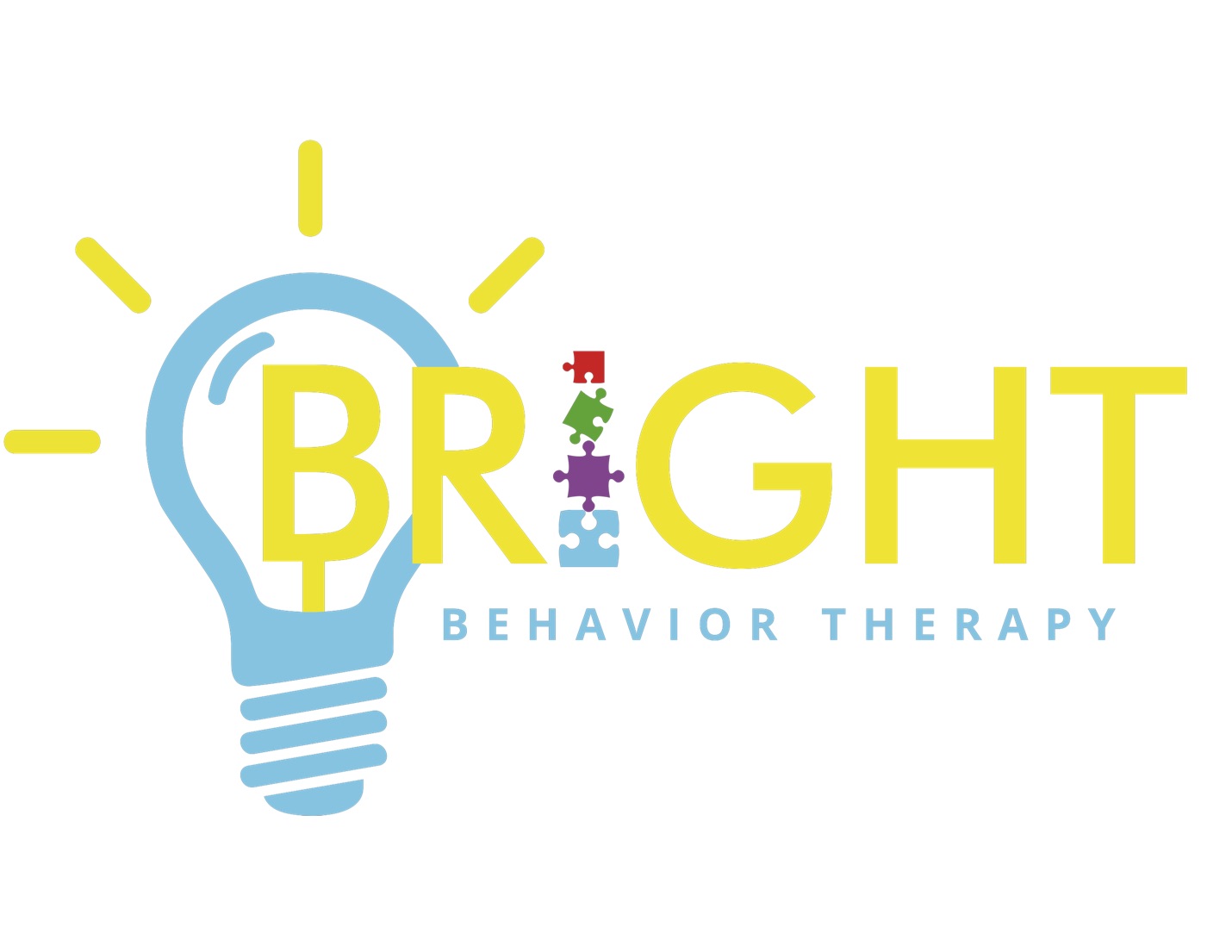
Why Do We Use The Term Autism Spectrum
But why do we use this term? What does it mean for those who live with autism? And how does it help them navigate through life? In this blog post, we’ll explore all of these questions and more to understand why the term “autism spectrum” is so important in today’s world.
What Does It Mean To Be On “The Autism Spectrum”
Being on the autism spectrum means that an individual’s brain processes information differently. It can affect their social interaction, communication skills, and behavior patterns. However, it is important to note that every person with autism experiences it differently.
For some individuals, being on the autism spectrum might mean struggling with nonverbal cues or sensory overload in certain environments. For others, they may excel at processing information in a specific area such as mathematics or music.
It’s important to remember that there are different types of Autism Spectrum Disorder (ASD), which include Asperger’s Syndrome and Pervasive Developmental Disorder-Not Otherwise Specified (PDD-NOS).
While there is no known cure for ASD, early intervention and support can greatly improve outcomes for individuals on the spectrum. This includes therapy sessions tailored towards their specific needs and accommodations in educational and workplace settings.
Being on the autism spectrum should not be viewed as a negative thing but rather as a unique aspect of an individual’s personality. With understanding and acceptance from society, those with ASD can lead fulfilling lives just like anyone else.
The Different Types of Autism
There are different types of Autism, which include:
- Classic Autism: This type of autism was initially described by Leo Kanner in 1943. Individuals with classic autism have significant challenges in social interactions, communication, and exhibit repetitive behaviors.
- Asperger Syndrome: Individuals with Asperger syndrome are highly intelligent; they may have difficulties understanding sarcasm or irony but do not exhibit language delays or cognitive impairments.
- Pervasive Developmental Disorder-Not Otherwise Specified (PDD-NOS): It’s also known as atypical autism where the symptoms don’t fully meet the criteria for classic autism or Asperger’s syndrome.
- Childhood Disintegrative Disorder: This type of Autism is rare and usually occurs after two years of age when the child begins losing their previously acquired developmental skills such as speech, motor skills etc.
While all individuals on the spectrum share certain challenges related to social interaction and communication abilities, each case is unique to its own right. By understanding these various types of Autism allows us to better understand how we can support individuals on the spectrum effectively and appropriately based on their individual needs
The Pros and Cons of using the Term Autism Spectrum
One of the main benefits of using the term “Autism Spectrum” is that it acknowledges and validates the fact that autism is a diverse condition, with varying degrees of severity and symptoms. It recognizes that each person with autism will have unique challenges and strengths, rather than being labeled as simply “autistic” or “not autistic.”
However, some people argue that using this term can also be limiting, as it implies a linear scale from mild to severe autism. In reality, individuals may have different combinations of characteristics across multiple areas such as social communication skills and sensory sensitivities.
Another potential downside of labeling someone as being on the Autism Spectrum is that it can lead to stigma or negative assumptions about their abilities. Some individuals may feel defined by their diagnosis rather than recognized for their individual qualities.
Despite these potential drawbacks, many advocates for people with autism still believe in the importance of using this term to raise awareness and promote acceptance. By recognizing the diversity within the condition itself, we can work towards creating a more inclusive society for all individuals on The Autism Spectrum.
How The Term Autism Spectrum Helps People With Autism
People with autism experience a wide range of symptoms and behaviors, which can make it difficult to understand or describe their experiences. The term “autism spectrum” helps people better understand the diversity within the autism community. It acknowledges that every person’s experience with autism is unique and different from others.
The term also helps reduce stigma around autism by emphasizing that there isn’t one standard way to be autistic. This recognition is important because it promotes acceptance of individuals who may not fit into traditional societal norms.
By using the term “autism spectrum,” people are encouraged to view those with autism as individuals instead of labeling them based on specific characteristics or traits associated with a particular type of disability. This approach fosters greater empathy, understanding, and inclusion for those living with the condition.
Moreover, this terminology empowers individuals on the spectrum by giving them more control over how they describe themselves and their experiences. By embracing neurodiversity, society can recognize that there is value in differences rather than forcing everyone to conform to a single normative model.
Using the term “autism spectrum” has many benefits for people on all sides of the issue— from those directly affected by it to society as a whole. It encourages inclusivity and acceptance while promoting individuality and respect for diversity.
Do you Have A Child Or Family Member On The Autism Spectrum? Give Us A Call Today
Using the term “autism spectrum” allows for a more comprehensive understanding of autism as a spectrum and acknowledges the diversity within individuals on the spectrum. It also helps reduce stigma and promotes acceptance and inclusion. It is crucial to recognize that every individual with autism is unique and should be treated as such.
While there may be differing opinions about whether or not to use the term “Autism Spectrum,” what truly matters is how we approach individuals with autism— with empathy, respect, and an open mind. By doing so, we can create a world where everyone feels accepted for who they are regardless of their differences.

Autism Self-Advocacy: A Blog About How To Raise Awareness For Autism
The Importance Of Autism Awareness
Autism is a spectrum disorder that affects individuals differently. Autism awareness is essential to create an inclusive and understanding society. It helps people understand the challenges faced by those with autism and how they can support them.
Without adequate awareness, people may not recognize the signs of autism in their loved ones or colleagues, leading to misunderstandings and discrimination. By raising awareness, we can help reduce stigma and make it easier for autistic individuals to participate fully in society.
Moreover, increasing public knowledge about autism can lead to early diagnosis and intervention, improving outcomes for autistic individuals. Early intervention services such as ABA therapy have been shown to significantly improve communication skills, socialization abilities, academic performance, and overall quality of life.
In addition, creating more awareness about autism will encourage research into new treatments that could enhance the lives of those living with this condition. Increased funding for scientific research on autism would enable us to better understand its cause and develop effective interventions.
How to Get Involved in Autism Self-Advocacy
To get involved in autism self-advocacy, the first step is to understand what it means. Self-advocacy refers to individuals with autism advocating for themselves and having a say in their own lives. It also includes advocating for others within the Autism community.
One way to get involved is through social media platforms such as Facebook, Twitter, LinkedIn and Instagram. These platforms allow people to share stories, information about events and resources that can help increase awareness of Autism.
Another way is by volunteering at local organizations or nonprofits that focus on Autism advocacy. This could include participating in fundraising efforts or organizing events that raise awareness of Autism causes. Volunteering or participating in the Special Olympics is one fantastic way to get connected to others who have the same concerns.
Attending seminars, conferences and workshops around Autism are great ways to learn more about how you can make an impact in your community. There are many opportunities available for those interested in learning more about becoming an advocate.
Contacting elected officials and sharing concerns regarding accessibility issues related to public spaces can be a valuable tool for advocacy work. Letting your voice be heard by those who make decisions on behalf of the community can create positive change towards greater inclusivity for all individuals with disabilities including those with Autism Spectrum Disorder (ASD).
Autistic People CAN Be Successful
Autistic people can be successful in anything they set their minds to, just like anyone else. The idea that autism automatically means a life of struggle or failure is simply not true. In fact, many autistic individuals have unique perspectives and strengths that make them specially valuable contributors to society.
Of course, success may look different for each person depending on their individual strengths and challenges. Some autistic individuals may excel in fields such as science or technology, while others may find success in creative pursuits like art or music.
One thing that can help autistic individuals achieve success is finding environments where they feel comfortable and supported. This might mean seeking out workplaces with inclusive policies or connecting with communities of other autistic people who understand their experiences.
It’s also important for society at large to recognize the potential of autistic individuals and provide opportunities for them to succeed. By valuing neurodiversity and embracing the unique contributions of all members of our communities, we create a more equitable and supportive world for everyone.
By participating in autism advocacy, you can make this beautiful reality more accessible for everyone.
Want To Get More Involved Or Have A Family Member With Autism? Contact Us
Autism self-advocacy is an essential part of raising awareness about this condition and promoting inclusivity. By getting involved in autism advocacy groups, spreading knowledge through social media and other platforms, supporting autistic individuals in their goals and aspirations, we can create a world that values neurodiversity and recognizes the unique strengths of every individual. If you or a family member has autism, please contact us at (313) 694-7700 and we can get you the help you need and help you to get more involved in the community, including in advocacy.
Let us all come together to be allies for those on the spectrum and work towards a more inclusive society.
